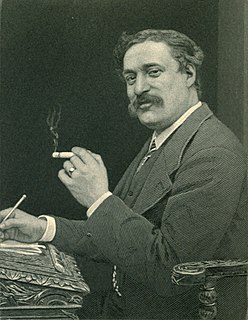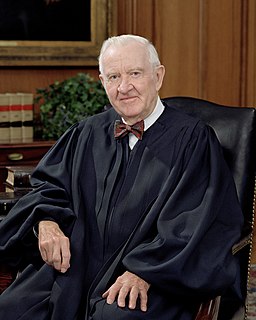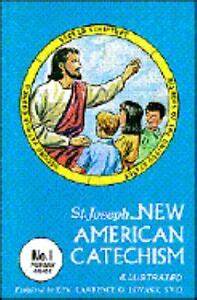A Quote by Preston Manning
The role of the federal government should be neutral toward culture just as it is toward religion.
Quote Topics
Related Quotes
As popular culture becomes more presentist, we move away from entertainment as the vicarious experience of a narrative - as watching someone else's story - and much more toward enacting one's own story. Moving away from myths and toward fantasy role-playing games, away from movies and toward videogames.
I do think American culture has shifted a little bit away from the contemplative more toward the visual, more toward the emotional, and more toward the expressive. I don't think there's a lot that can be done about that. We just have to understand that it's the product of technology and of the way people live now.
This bill would renounce the safe, proper, and acceptable role for Government as a referee of disputes between the governed. It would interpose the Government as a biased protagonist, armed with the awesome authority of the Federal Government, in addition to rulemaking and umpire powers. The broad grants of power to the Attorney General to initiate and intervene in civil actions would go far toward transforming him into George Orwell's 'Big Brother' of '1984,' in the year 1964.
Every child in America who enters school at the age of five is mentally ill, because he comes to school with an allegiance toward our elected officials, toward our founding fathers, toward our institutions, toward the preservation of this form of government that we have. Patriotism, nationalism, and sovereignty, all that proves that children are sick because a truly well individual is one who has rejected all of those things, and is truly the international child of the future.
People do not drift toward Holiness. Apart from grace-driven effort, people do not gravitate toward godliness, prayer, obedience to Scripture, faith, and delight in the Lord. We drift toward compromise and call it tolerance; we drift toward disobedience and call it freedom; we drift toward superstition and call it faith. We cherish the indiscipline of lost self-control and call it relaxation; we slouch toward prayerlessness and delude ourselves into thinking we have escaped legalism; we slide toward godlessness and convince ourselves we have been liberated.
We must move from ... the primacy of technology toward considerations of social justice and equity, from the dictates of organizational convenience toward the aspirations ofself realization and learning, from authoritarianism and dogmatism toward more participation, from uniformity and centralization toward diversity and pluralism, from the concept of work as hard and unavoidable, from life as nasty, brutish, and short toward work as purpose and self~fulfillment, a recognition of leisure as a valid activity in itself.

































